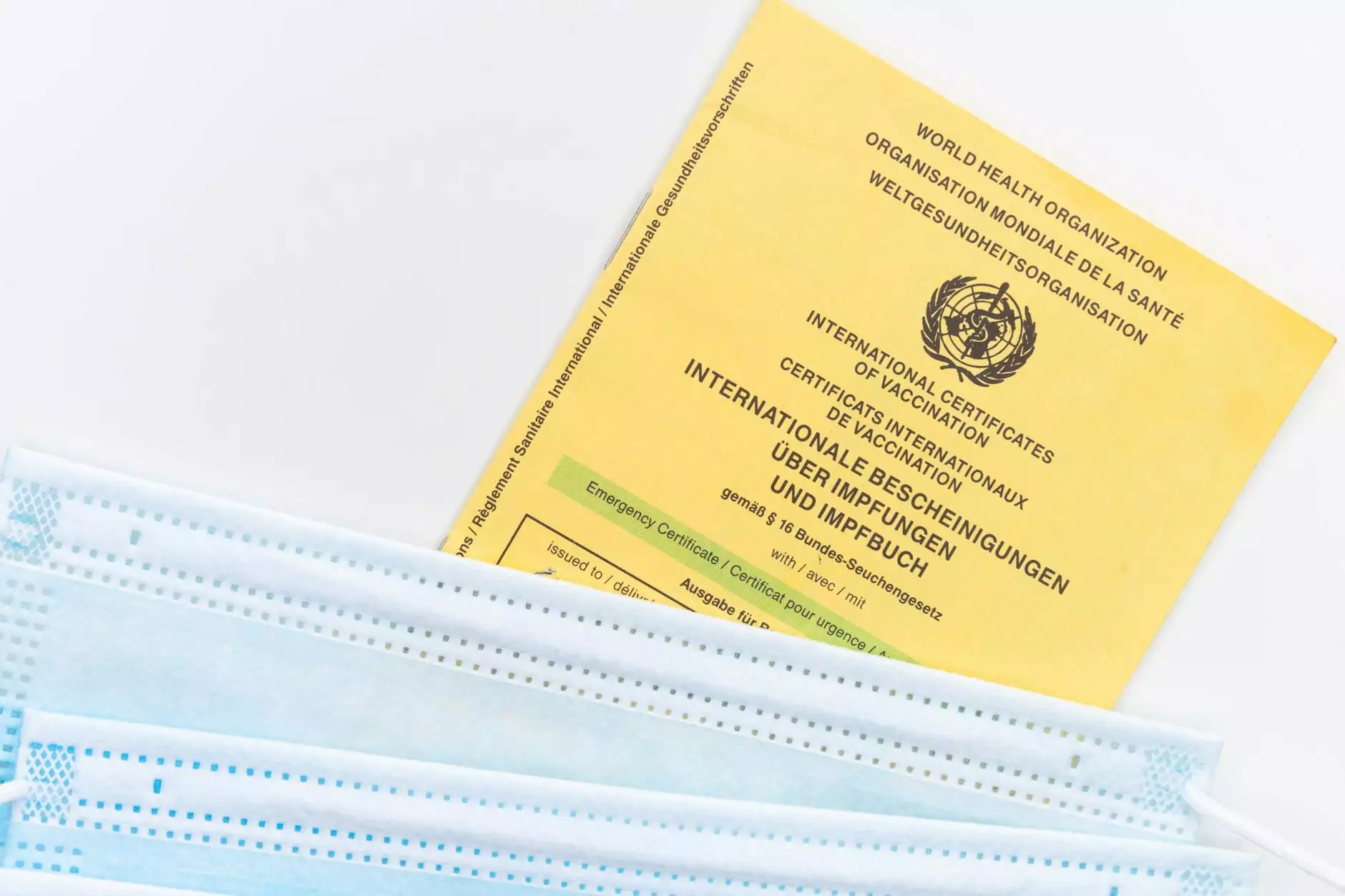Understanding Alprazolam (Xanax)

Alprazolam, commonly known by its brand name Xanax, is a medication that falls under the category of benzodiazepines. It is widely prescribed for the treatment of anxiety disorders and panic attacks. The effectiveness of alprazolam stems from its ability to enhance the effects of a natural chemical in the body called gamma-aminobutyric acid (GABA). This article delves deep into the uses, benefits, side effects, and the crucial role of alprazolam in the realms of pharmacy and addiction medicine.
What is Alprazolam?
Alprazolam is prescribed primarily for anxiety disorders and is one of the most commonly used medications for anxiety management. It works by acting on the brain and central nervous system to provide a calming effect. Xanax is particularly effective for those who suffer from overwhelming anxiety that interferes with daily life.
Common Uses of Alprazolam
The primary uses for alprazolam include:
- Generalized Anxiety Disorder (GAD): Alprazolam helps in reducing the symptoms associated with GAD, offering relief to those who struggle with chronic anxiety.
- Panic Disorder: This disorder, characterized by sudden and intense feelings of terror, can be effectively managed with Xanax, providing timely relief from panic attacks.
- Situational Anxiety: Alprazolam can be used on an as-needed basis for anxiety related to specific situations such as public speaking or flying.
The Mechanism of Action
Alprazolam functions by binding to the GABA receptors in the brain, promoting relaxation and reducing neuronal excitability. This mechanism not only alleviates anxiety symptoms but also can improve the quality of sleep for individuals who suffer from insomnia related to anxiety.
Dosage and Administration
Alprazolam comes in various forms, including tablets, extended-release tablets, and oral solutions. The dosage depends on several factors, including the condition being treated, the severity of symptoms, and the individual patient's response to the medication.
Typical Dosage Guidelines
The following is a general overview of dosage recommendations for alprazolam:
- For anxiety disorders: A typical starting dose may range from 0.25 mg to 0.5 mg, taken three times a day.
- For panic disorders: Doses may start from 0.5 mg taken three times a day. Depending on the patient's needs, the dosage may be increased to a maximum of 10 mg per day.
Side Effects and Precautions
While alprazolam is effective for many, it’s essential to be aware of potential side effects which can include:
- Drowsiness
- Fatigue
- Dizziness
- Changes in appetite
- Memory problems
Additionally, long-term use of alprazolam may lead to dependence or addiction. Therefore, it is crucial for individuals to use this medication under strict medical supervision and for the specified period to avoid withdrawal symptoms upon discontinuation.
Alprazolam in the Context of Addiction Medicine
In the field of addiction medicine, alprazolam poses unique challenges. While it is effective for short-term anxiety management, healthcare professionals must remain vigilant regarding its potential for misuse.
The Risks of Dependency and Abuse
Due to its effects on the brain, taking alprazolam can lead to psychological and physical dependence. Here are some key points to consider:
- High Addiction Potential: Alprazolam's rapid onset of action and the pleasurable effects it can produce may lead individuals to misuse the drug.
- Withdrawal Symptoms: Stopping alprazolam suddenly can result in severe withdrawal symptoms, including seizures, which necessitates a medically supervised tapering schedule.
- Combining Substances: The use of alprazolam along with alcohol or other central nervous system depressants can increase the risk of respiratory depression and overdose.
Strategies for Safe Use
For those prescribed alprazolam, it’s essential to follow recommended guidelines to mitigate the risk of addiction:
- Follow Prescribing Guidelines: Ensure the medication is taken precisely as prescribed by a healthcare professional.
- Regular Monitoring: Patients should have regular follow-ups to evaluate the necessity and efficacy of continuing treatment.
- Alternative Therapies: Consider cognitive-behavioral therapy (CBT) or other non-benzodiazepine alternatives for managing anxiety.
- Education: Understanding the risks associated with alprazolam can empower patients to make informed decisions about their treatment options.
Resources for Recovery from Addiction
For individuals struggling with addiction or dependence on alprazolam or similar medications, numerous resources are available:
Support Groups
Organizations like Alcoholics Anonymous (AA) and Narcotics Anonymous (NA) offer peer support and structured recovery programs.
Rehabilitation Centers
Many facilities provide comprehensive treatment plans for individuals dealing with addiction, which often include medical detoxification, therapy, and long-term support.
Professional Counseling
An addiction specialist or counselor can assist patients in navigating their treatment journey and developing coping strategies to manage anxiety without relying solely on medications.
Conclusion
Understanding the proper use of alprazolam (Xanax) is crucial to maximizing its therapeutic benefits while minimizing potential risks, especially within the realms of pharmacy and addiction medicine. Awareness and proper management of this medication can lead to successful outcomes for those struggling with anxiety disorders. By engaging with healthcare professionals and utilizing available resources, patients can navigate their recovery paths more effectively.
For more comprehensive information about alprazolam and its management in clinical settings, visit https://alprazolam-xanax.com.









